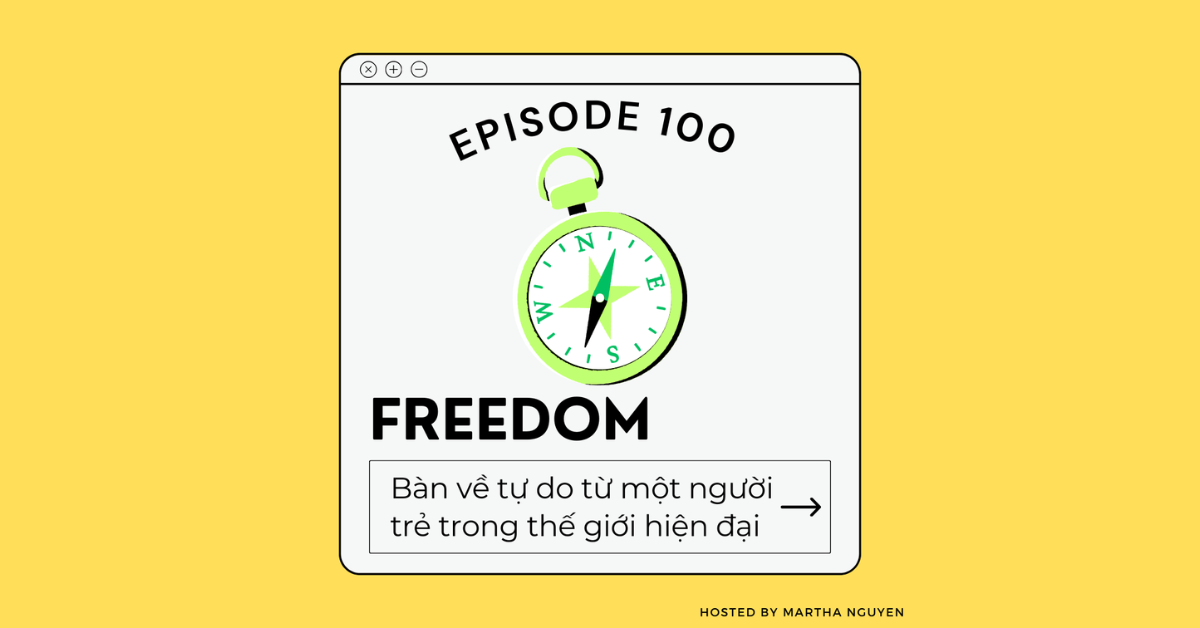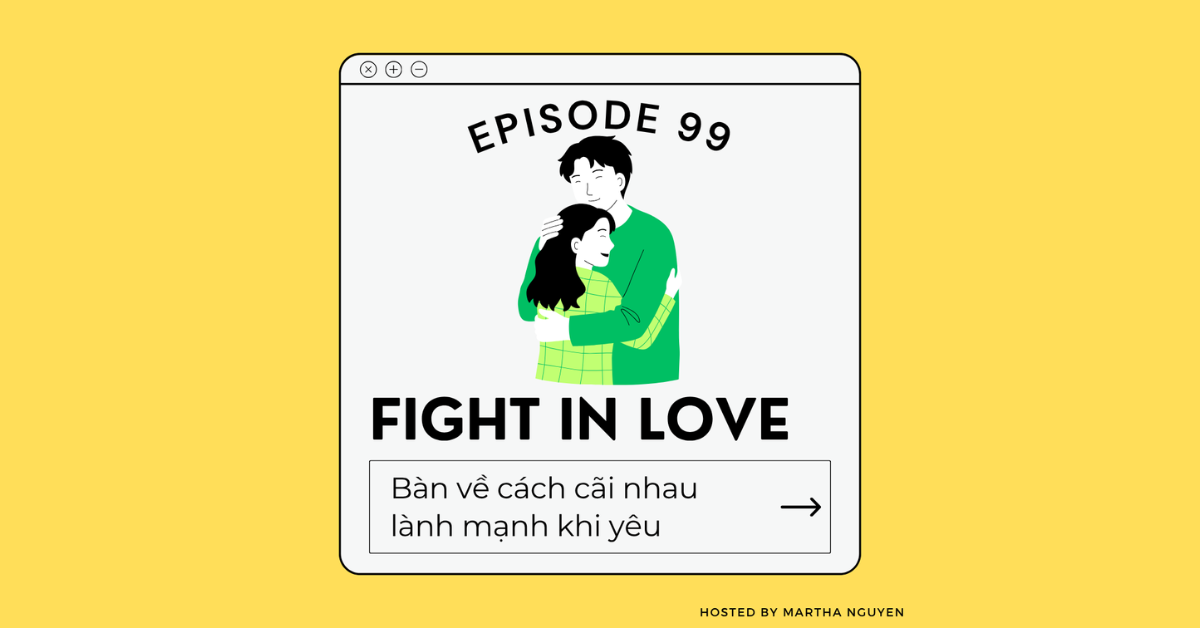
Tổng hợp nội dung đã xuất bản từ Amateur Psychology
Đọc các bài viết bao gồm trích dẫn nghiên cứu khoa học từ podcast, newsletter Tuần này làm gì trên mạng, substack Thư Hỏi Thử và review sách
Danh mục
Bài viết mới nhất
-

#30: “I don’t feel safe” – Mình không cảm thấy an toàn khi là con gái
Reference: https://www.theguardian.com/world/2021/mar/10/almost-all-young-women-in-the-uk-have-been-sexually-harassed-survey-finds Bastomski, S., & Smith, P. (2017). Gender, fear, and public places: How negative encounters with strangers harm women. Sex Roles, 76(1-2), 73-88. Lahsaeizadeh, A., & Yousefinejad, E. (2012). Social aspects of women’s experiences of sexual harassment in public places in Iran. Sexuality & Culture, 16(1), 17-37.…
-

#29: About Overachiever – Nói về những kẻ “Thích Với”
Reference: Curry, R. L. (1961). Certain characteristics of under‐achievers and over‐achievers. Peabody Journal of Education, 39(1), 41-45. Teigland, J. J., Winkler, R. C., Munger, P. F., & Kranzler, G. D. (1966). Some concomitants of underachievement at the elementary school level. The Personnel and Guidance Journal, 44(9), 950-955. Cloninger,…
-

#28: Masculinity “Crisis” – Nói về “Đàn ông thực thụ”
Reference: Waterman, E. A., Wesche, R., Leavitt, C. E., & Lefkowitz, E. S. (2020). Fraternity membership, traditional masculinity ideologies, and impersonal sex: Selection and socialization effects. Psychology of Men & Masculinities, 21(1), 58. Liang, C. T., Rocchino, G. H., Gutekunst, M. H., & Smithson, A. (2019). Conformity to…
-

#27: Being a Loner – Nói về chuyện thoải mái với cô độc và cảm giác không thuộc về
Reference: Thuy-vy, T. N., Werner, K. M., & Soenens, B. (2019). Embracing me-time: Motivation for solitude during transition to college. Motivation and Emotion, 43(4), 571-591. Nguyen, T. V. T., Ryan, R. M., & Deci, E. L. (2018). Solitude as an approach to affective self-regulation. Personality and Social Psychology…
-

#26: Pretty Privilege – Đặc quyền của xinh đẹp
Reference: Ramsey-Rennels, J. L., & Langlois, J. H. (2006). Infants’ differential processing of female and male faces. Current Directions in Psychological Science, 15(2), 59-62. Aronson, E., & Aronson, J. (2012). The social animal. Worth Publishers, Macmillan Learning. Tan, A. S. (1979). TV beauty ads and role expectations of…
-

#25: About Love – Lại nói về Tình yêu [Valentine’s Special]
Reference: Hatfield, E., & Rapson, R. L. (1987). Passionate love/sexual desire: Can the same paradigm explain both?. Archives of sexual behavior, 16(3), 259-278. Sternberg, R. J. (1986). A triangular theory of love. Psychological review, 93(2), 119. Harvey, O. J. (1962). Personality factors in resolution of conceptual incongruities. Sociometry,…









